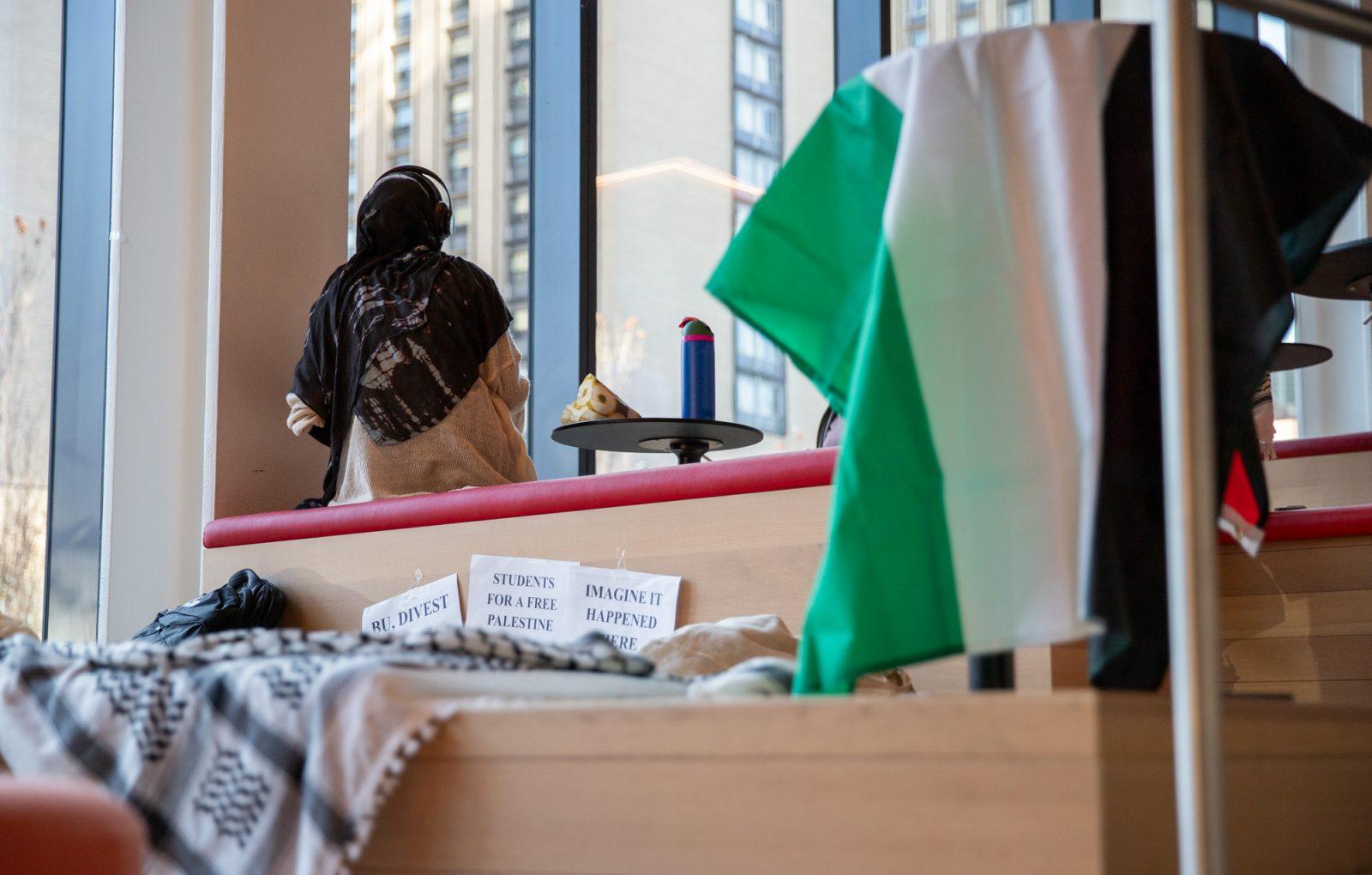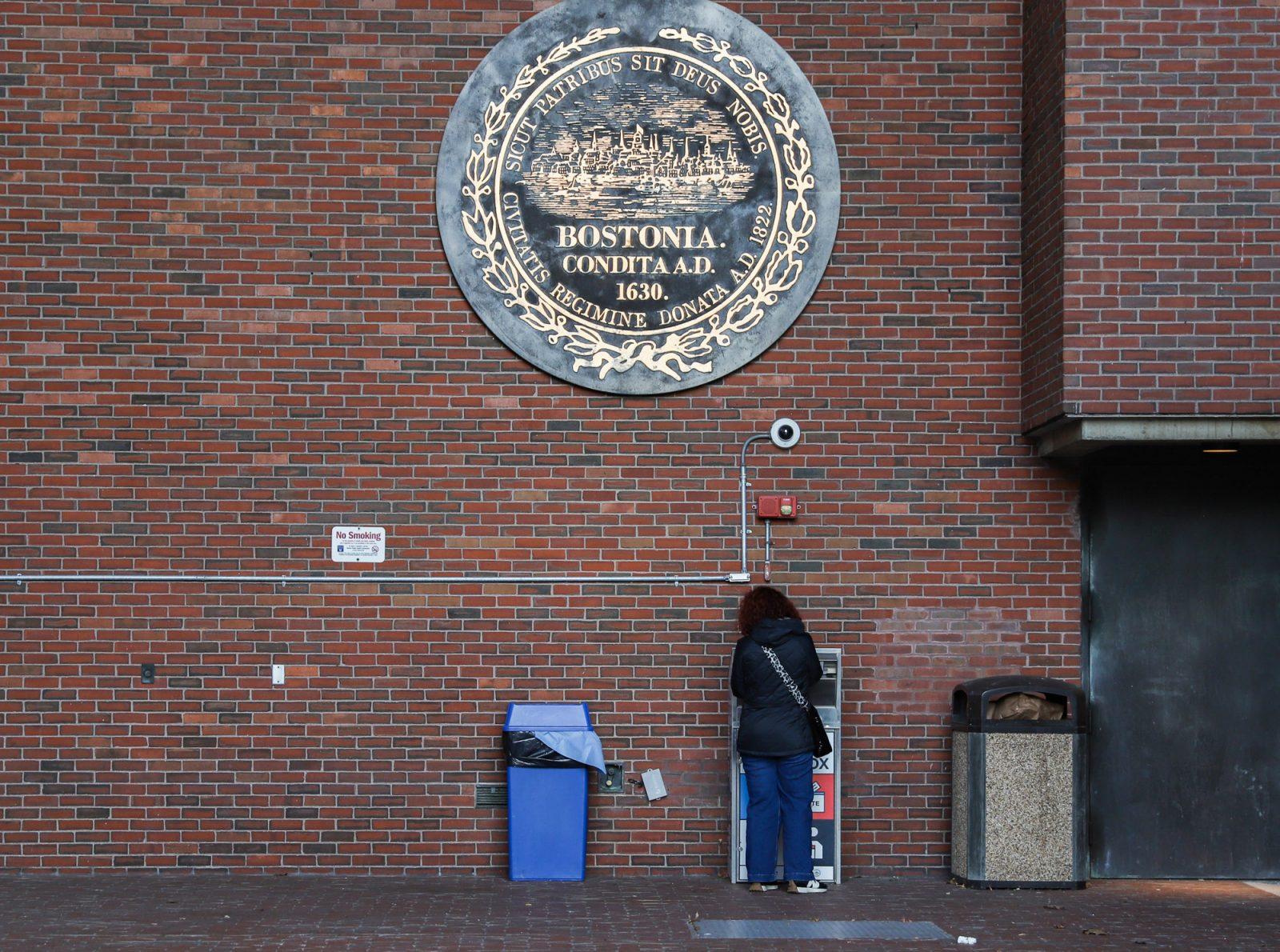Boston University students and parents have expressed concerns regarding a widespread delay in financial aid awards following changes to the Free Application for Federal Student Aid for the 2024-2025 school year.

The application, which is typically released on Oct. 1, came out three months late on Dec. 30, 2023, leading to complications and delays for both applicants and the BU Financial Assistance Office.
BU Spokesperson Colin Riley said the BU Financial Assistance Office is in “constant contact” with the Department of Education to ensure that information reported on the FAFSA form is correct and processed on time.
“[Financial aid] usually goes out with acceptances,” Riley said, “So that when students are trying to reconcile their bill in early August, they have the information, and they’re able to make payments to student accounts to cover what their estimated family contribution is.”
However, modifications to the form, such as changing the formula to determine students’ financial aid amount and what type of aid they are eligible to receive, have disrupted BU’s typical summer awardance timeline.
Riley said returning students enrolled at BU prior to this upcoming fall had a general idea of how much money they would receive for the 2024-2025 school year.
Although the majority of the financial issues are attributed to FAFSA delays, an update to BU’s student information system, which involves a new user portal, may have contributed to the complications, Riley said.
Due to the delays, processes, such as late payment fees and fall move-in have differed from past years.
“Student Accounting Services will continue to waive late payment fees for all students until a future date to be determined,” BU Financial Assistance wrote in an email on Aug 21. “All students will be allowed to move into their on-campus residence even if their student account has not yet been settled.”
Yajaira Herrera, a junior, said that unexpected medical bills coupled with uncertainties about financial aid created budgeting issues for her.
“When I told the financial aid office about it, they were like, ‘There’s nothing we could do, and I would just have to wait,’” Herrera said.
Herrera said prior to move-in, she was told to pay a minimum of $12,000, despite not receiving her aid yet. Although she paid a smaller amount than $12,000 prior to moving in, she realized she had overpaid after receiving her financial aid. BU has not given her a timeline for her reimbursement.
“Now I have to wait for everything to disperse before I can even get a refund,” Herrera said.
Beth Haft, parent of a BU graduate student and member of the Facebook group BU Parents United, wrote in an email that the delay in aid and loan processing created a “terrible burden.”
“[My daughter] lives off campus. Her landlord is not going to wait for rent, nor will supermarkets wait to be paid for groceries,” Haft wrote.
Haft wrote that since her and her husband are both retired, they are using their savings to cover these expenses.
“I need to pay her rent, groceries and all expenses until her loans are processed, posted and the excess funds (her living expenses) [are] returned to her,” Haft wrote. “This needs to get straightened out asap.”
To help with expenses, BU had offered to “advance” anticipated loan money to graduate students, according to Haft. However, after filling out a form detailing how much loan money her and her family anticipated for the semester, Haft said she has still not heard anything.
Madeline Donnellan, a graduate student on a full tuition scholarship through FAFSA, did not have any overwhelming concerns or issues with the delay.
“I was worried for a little bit, but once I talked to financial aid and got an email that they were delayed, I was like ‘Okay, I’ll wait to get the confirmation,’” Donnellan said.
While some level of aid certainty was given to continuing students through BU’s Scholarship Assurance, which guarantees that the aid you are offered for your first year is applicable for each of your undergraduate years, Riley said accounts are being “updated and corrected.”
Despite the delays from this year, the whole goal of the FAFSA changes were to “simplify” and bring improvements to the financial aid process, Riley said. He said he hopes these issues will be resolved and the process will return to its prior timeline.



























































































































